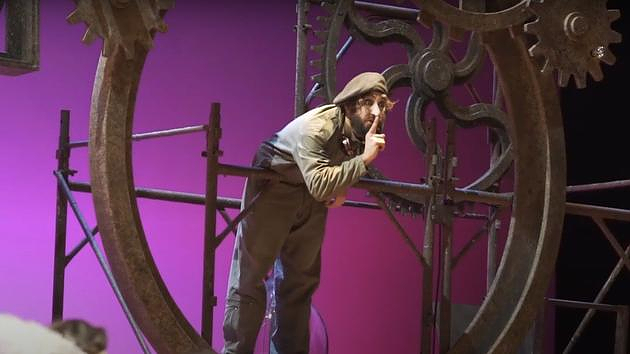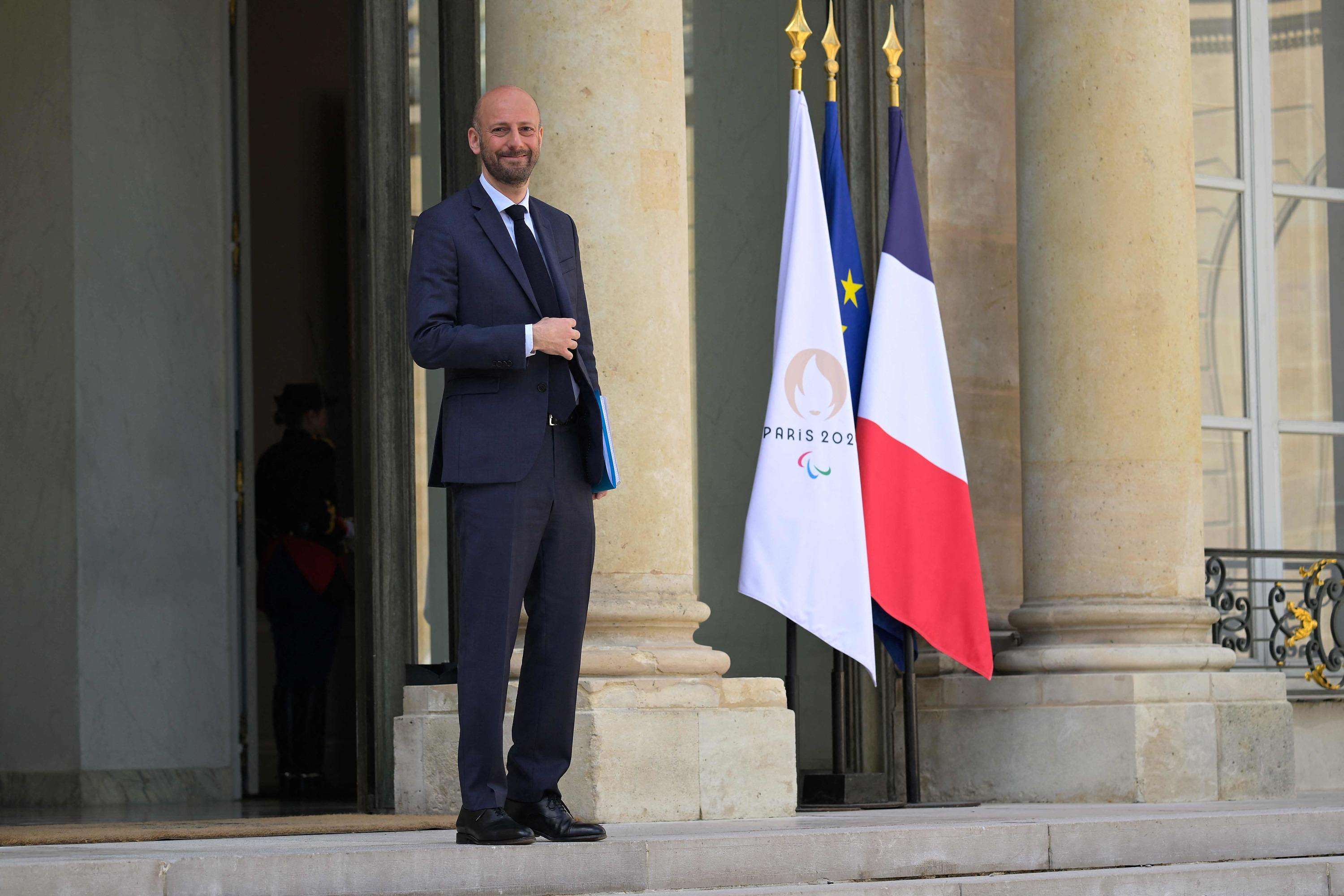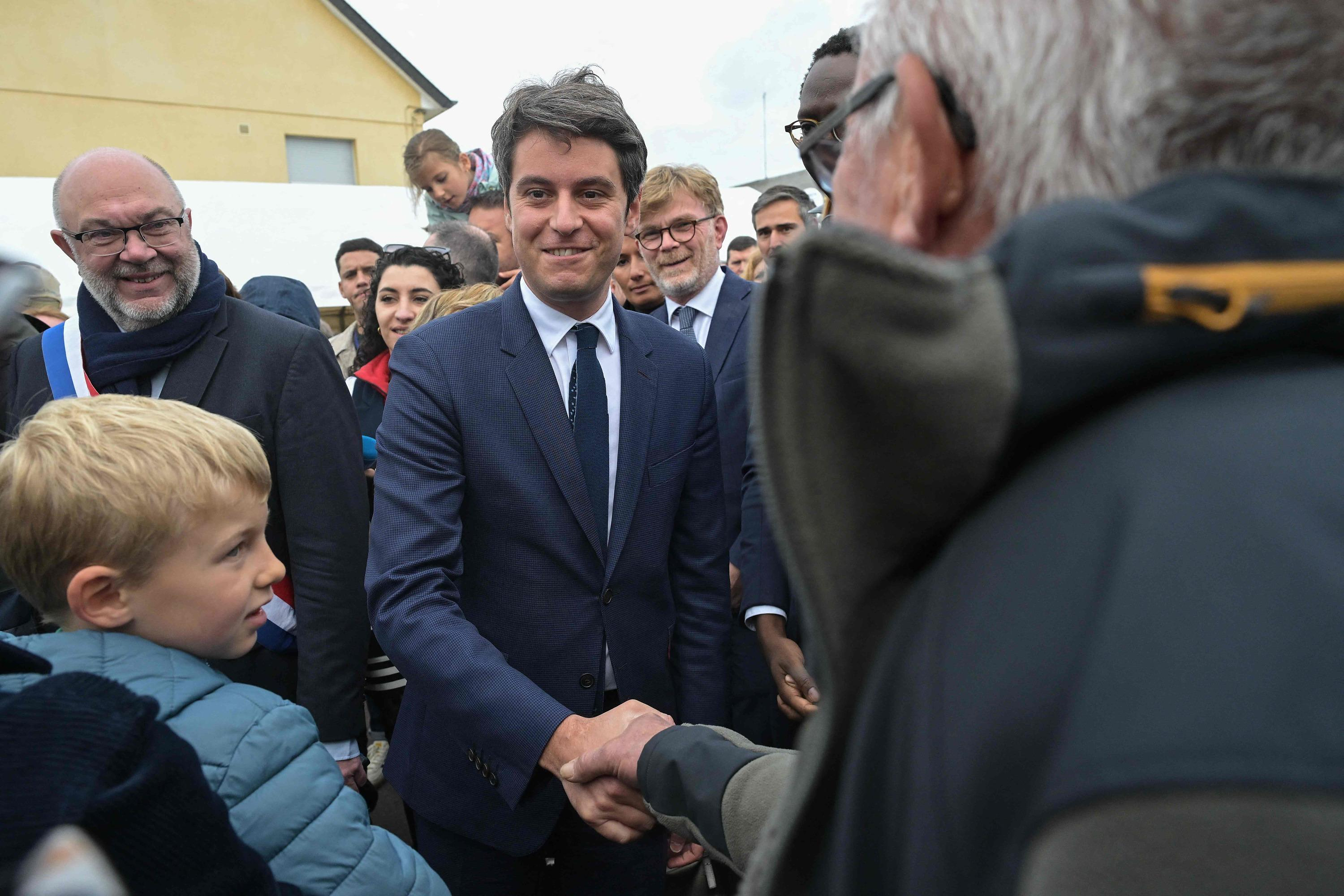Eighteen thousand! This is the number of children who discover each season, amazed, one of the great standards of the lyrical repertoire made available to them by the great adventure of participatory opera. Anchored for almost ten years within the walls of the Théâtre des Champs-Élysées, reaching families as well as students in REP and REP classes (more than a thousand each season), but also children with disabilities, particularly the visually impaired ( for whom the theater now offers a “chansigne” session) or the hearing impaired, this phenomenon is conquering more and more opera houses. He was able to find his audience well beyond expectations. A success which, for Michel Franck, general director of the Théâtre des Champs-Élysées, can be explained by the fact that “participatory opera is a phenomenon that is as musical as it is societal. In a world of communications, where we are increasingly isolated, there is a public need for shows that break the fourth wall,” he assures.
But participatory opera does not stop at the educational approach alone. Designed to make the standards of the repertoire accessible to the youngest, barely exceeding an hour and fifteen minutes, with lyrics translated into French and a lighter orchestra, these shows follow a well-oiled mechanism. Offering the public, before the performances, access to a song learning booklet and a preparation session. If the latter attracts an ever-increasing number of parents (or grandparents) and children each year, it has also proven, over the seasons, to be a fantastic revealer of talent. Each time highlighting the best of the young generation of opera singers.
The latest productions, dedicated to The Magic Flute in 2022-2023 and to La Cenerentola in 2021-2022, were no exception to the rule, since they made it possible to discover two names who shone at the last Victoires de la musique in the category of revelations, and seem well on their way to lasting shine in the opera firmament: Juliette Mey and Lauranne Oliva.
After Julie Depardieu last year, this season, it is up to director Manuel Renga to have the task of shattering this fourth wall. With a title tailor-made for the fantasy and sense of wonder that the former assistant at the Piccolo Teatro in Milan has been putting at the service of young opera audiences for ten years now: An elixir of love. His vision, which should have seen the light of day during Covid but could only be captured for streaming or DVD publishing, promises a shock encounter between two universes which still speak to children without having aged: that of Chaplin and his Modern Times, and that of Roald Dahl with Charlie and the Chocolate Factory.
In terms of revelations, it is in particular in the management that we will be watching this time for the emergence of a great potential talent: that of the young Vaudois Marc Leroy-Calatayud. The former assistant at the Bordeaux Opera, at the helm of the recent successful return (in a spatialized concert version) of Weill's Seven Deadly Sins at the Théâtre des Champs-Élysées, will be here at the desk of Frivolités parisiennes.

 B:SM will break its investment record this year with 62 million euros
B:SM will break its investment record this year with 62 million euros War in Ukraine: when kyiv attacks Russia with inflatable balloons loaded with explosives
War in Ukraine: when kyiv attacks Russia with inflatable balloons loaded with explosives United States: divided on the question of presidential immunity, the Supreme Court offers respite to Trump
United States: divided on the question of presidential immunity, the Supreme Court offers respite to Trump Maurizio Molinari: “the Scurati affair, a European injury”
Maurizio Molinari: “the Scurati affair, a European injury” Beware of the three main sources of poisoning in children
Beware of the three main sources of poisoning in children First three cases of “native” cholera confirmed in Mayotte
First three cases of “native” cholera confirmed in Mayotte Meningitis: compulsory vaccination for babies will be extended in 2025
Meningitis: compulsory vaccination for babies will be extended in 2025 Spain is the country in the European Union with the most overqualified workers for their jobs
Spain is the country in the European Union with the most overqualified workers for their jobs In the United States, a Boeing 767 loses its emergency slide shortly after takeoff
In the United States, a Boeing 767 loses its emergency slide shortly after takeoff The A13 motorway will not reopen on May 1
The A13 motorway will not reopen on May 1 More than 1,500 items for less than 1 euro: the Dutch discounter Action opens a third store in Paris
More than 1,500 items for less than 1 euro: the Dutch discounter Action opens a third store in Paris 100 million euros in loans, water storage, Ecophyto plan… New measures from the executive towards farmers
100 million euros in loans, water storage, Ecophyto plan… New measures from the executive towards farmers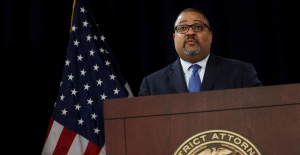 New York justice returns 30 works of art looted from Cambodia and Indonesia
New York justice returns 30 works of art looted from Cambodia and Indonesia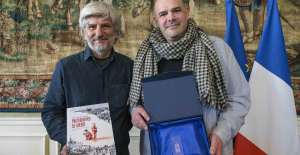 Les Galons de la BD dedicates War Photographers, a virtuoso album on the Spanish War
Les Galons de la BD dedicates War Photographers, a virtuoso album on the Spanish War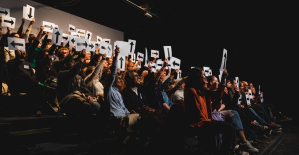 Theater: Kevin, or the example of an academic failure
Theater: Kevin, or the example of an academic failure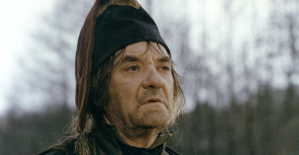 The eye of the INA: Jean Carmet, the thirst for life of a great actor
The eye of the INA: Jean Carmet, the thirst for life of a great actor Skoda Kodiaq 2024: a 'beast' plug-in hybrid SUV
Skoda Kodiaq 2024: a 'beast' plug-in hybrid SUV Tesla launches a new Model Y with 600 km of autonomy at a "more accessible price"
Tesla launches a new Model Y with 600 km of autonomy at a "more accessible price" The 10 best-selling cars in March 2024 in Spain: sales fall due to Easter
The 10 best-selling cars in March 2024 in Spain: sales fall due to Easter A private jet company buys more than 100 flying cars
A private jet company buys more than 100 flying cars This is how housing prices have changed in Spain in the last decade
This is how housing prices have changed in Spain in the last decade The home mortgage firm drops 10% in January and interest soars to 3.46%
The home mortgage firm drops 10% in January and interest soars to 3.46% The jewel of the Rocío de Nagüeles urbanization: a dream villa in Marbella
The jewel of the Rocío de Nagüeles urbanization: a dream villa in Marbella Rental prices grow by 7.3% in February: where does it go up and where does it go down?
Rental prices grow by 7.3% in February: where does it go up and where does it go down? Even on a mission for NATO, the Charles-de-Gaulle remains under French control, Lecornu responds to Mélenchon
Even on a mission for NATO, the Charles-de-Gaulle remains under French control, Lecornu responds to Mélenchon “Deadly Europe”, “economic decline”, immigration… What to remember from Emmanuel Macron’s speech at the Sorbonne
“Deadly Europe”, “economic decline”, immigration… What to remember from Emmanuel Macron’s speech at the Sorbonne Sale of Biogaran: The Republicans write to Emmanuel Macron
Sale of Biogaran: The Republicans write to Emmanuel Macron Europeans: “All those who claim that we don’t need Europe are liars”, criticizes Bayrou
Europeans: “All those who claim that we don’t need Europe are liars”, criticizes Bayrou These French cities that will boycott the World Cup in Qatar
These French cities that will boycott the World Cup in Qatar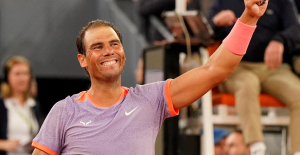 Tennis: “I need to regain confidence in my body,” explains Rafael Nadal
Tennis: “I need to regain confidence in my body,” explains Rafael Nadal NBA: Orlando returns to level with Cleveland in the 1st round of the play-offs
NBA: Orlando returns to level with Cleveland in the 1st round of the play-offs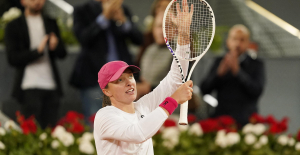 Tennis: Iga Swiatek in the round of 16 at full speed
Tennis: Iga Swiatek in the round of 16 at full speed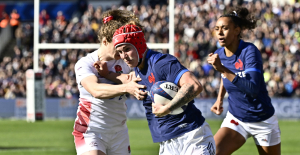 “It was exceptional here in Chaban-Delmas”: Escudero looks back on the excitement around France-England
“It was exceptional here in Chaban-Delmas”: Escudero looks back on the excitement around France-England